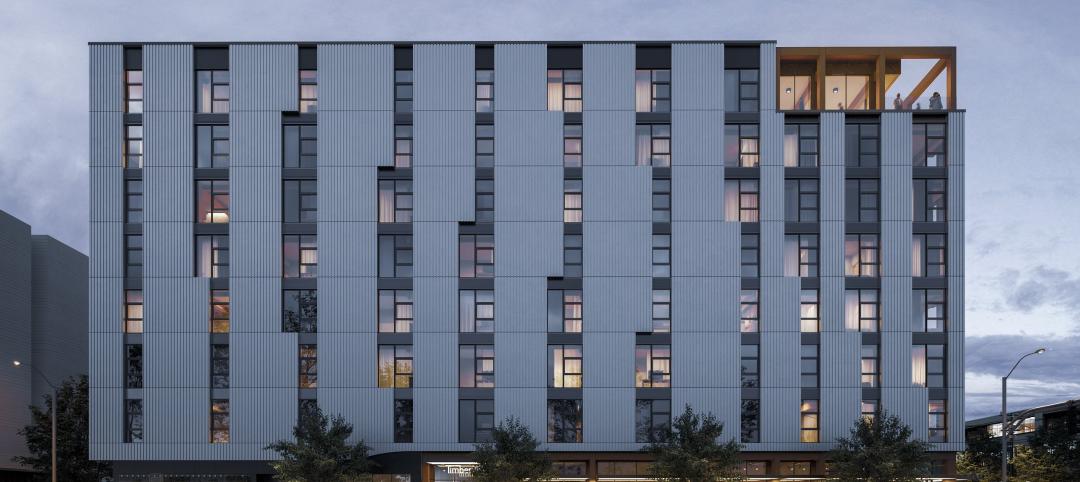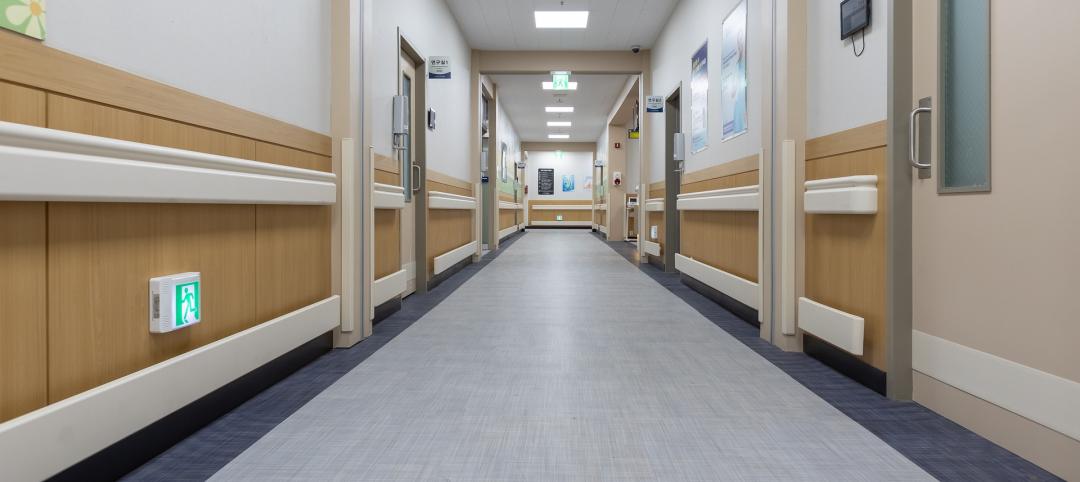Ongoing evolution in the retail industry—including near-global access to the Internet and speedy adoption rates of smartphones—is forcing retailers to create a brick-and-mortar shopping experience that rivals the convenience and immediacy of the Internet. As a result, hundreds of retailers in thousands of locations are committing capital to renovating stores for an enhanced overall customer experience.
“There is no disputing that the Internet is having a significant impact on consumer buying trends and retailer strategies,” said Steve Jones, Managing Director, JLL. “But almost 95 percent of sales continue to take place in stores, which means that as technology changes to improve customer experiences, the brick and mortar stores also must change.”
Omni-channel shopping, technology, and Big Data are shaping how retailers approach the customer experience and their consequent renovation programs. Retailers should consider these three key questions when defining the type and magnitude of renovations to enhance their customers’ experiences:
1. Are we offering an omni-channel experience?
Retailers striving to build a true omni-channel experience are merging at-home, in-store and mobile commerce into one seamless shopping experience. Customers want continuity, so the look and feel of every channel, from mobile to desktop to in-store, should be the same.
For example, AMC Theatres recently added an expanded food and beverage menu to concession stands and replaced conventional movie chairs with wide, comfortable recliners. In addition, AMC began offering guests the opportunity to buy tickets online—and reserve actual seats at the theatre—before arriving. The omni-channel experience of buying tickets online translates to a brick-and-mortar customer experience unrivalled in the entertainment industry. In fact, AMC sells more tickets with fewer seats – to sold out audiences.
2. Are we leveraging the right technology?
To keep people in their stores, smart retailers are making their locations interactive and engaging with the right technology. Tablets and smartphones can be used to promote convenience by taking customer payments rather than making them wait in line, demonstrate product features, offer more item options and encourage social sharing. In addition to tablets, the use of large displays purposefully engross customers, making them forget they’re inside a store.
“Retailers are fighting to gain and keep consumer attention, but interactive experiences rooted in technology can help combat disengagement,” said Steve Yenser, National Retail Brokerage Lead, JLL. “Technology will be crucial to the future role of the store, as today's consumers need a reason to come into a physical retail place, beyond merely making a transaction, because a transaction can take place anywhere and anytime.”
3. Are we collecting actionable data to help personalize the customer experience?
An Infogroup Targeting Solutions study found that 54 percent of marketers have already invested in data solutions to date, and nine out of 10 plan to do so in 2014. Smart retailers know that truly personalized experiences are only possible when customer information about behavior, history and whereabouts is gathered. Collecting this actionable data through customer loyalty programs, point of sale data and online shopping behavior ultimately enables retailers to implement dynamic browsing, customized displays, personalized recommendations and shopper-specific discounts.
JLL and Food Lion collected data that revealed that the grocer’s customers were increasingly focused on produce. Based on that finding, Food Lion wasted no time renovating its stores to better position its produce offerings and, in the process, enhancing the overall customer experience.
Jones notes that in addition to the renovation work completed at AMC and Food Lion, smart retailers can enhance the customer experience and ultimately maximize return on investment of store renovations with modified layouts, in-store kiosks, virtual walls, virtual dressing rooms, augmented reality and new product offerings.
“Customer experience is individual to each retailer and the clients they target,” said Jones. “It’s crucial for retailers to ask the right questions and understand the role big data, technology and the omni-channel experience play in their overarching strategy so the appropriate renovations programs can be developed.”
About JLL
JLL’s Retail Group serves as the industry’s leader in retail real estate services. The firm’s more than 850 dedicated retail experts in the Americas partner with investors and occupiers around the globe to support and shape investment and site selection strategies. Its retail specialists provide independent and expert advice to clients, backed by industry-leading research that delivers maximum value throughout the entire lifecycle of an asset or lease. The firm has more than 80 retail brokerage experts spanning 20 major markets, representing more than 100 retail clients. As the largest third party retail property manager in the United States, JLL’s retail portfolio has 305 centers, totaling 65.7 million square feet under management in regional malls, lifestyle centers, grocery-anchored centers, power centers, central business districts, transportation facilities and mixed-use projects.
For more news, videos and research from JLL’s Retail Group, please visit: www.jllretail.com
Related Stories
Government Buildings | May 10, 2024
New federal buildings must be all-electric by 2030
A new Biden Administration rule bans the use of fossil fuels in new federal buildings beginning in 2030. The announcement came despite longstanding opposition to the rule by the natural gas industry.
Sustainable Development | May 10, 2024
Nature as the city: Why it’s time for a new framework to guide development
NBBJ leaders Jonathan Ward and Margaret Montgomery explore five inspirational ideas they are actively integrating into projects to ensure more healthy, natural cities.
Mass Timber | May 8, 2024
Portland's Timberview VIII mass timber multifamily development will offer more than 100 affordable units
An eight-story, 72,000-sf mass timber apartment building in Portland, Ore., topped out this winter and will soon offer over 100 affordable units. The structure is the tallest affordable housing mass timber building and the first Type IV-C affordable housing building in the city.
Architects | May 8, 2024
Ivan O’Garro, AIA joins LEO A DALY as a vice president
Integrated design firm LEO A DALY welcomes Ivan O’Garro, AIA, as a vice president and managing principal of its Atlanta studio.
K-12 Schools | May 7, 2024
World's first K-12 school to achieve both LEED for Schools Platinum and WELL Platinum
A new K-12 school in Washington, D.C., is the first school in the world to achieve both LEED for Schools Platinum and WELL Platinum, according to its architect, Perkins Eastman. The John Lewis Elementary School is also the first school in the District of Columbia designed to achieve net-zero energy (NZE).
Healthcare Facilities | May 6, 2024
Hospital construction costs for 2024
Data from Gordian breaks down the average cost per square foot for a three-story hospital across 10 U.S. cities.
Biophilic Design | May 6, 2024
The benefits of biophilic design in the built environment
Biophilic design in the built environment supports the health and wellbeing of individuals, as they spend most of their time indoors.
MFPRO+ Special Reports | May 6, 2024
Top 10 trends in affordable housing
Among affordable housing developers today, there’s one commonality tying projects together: uncertainty. AEC firms share their latest insights and philosophies on the future of affordable housing in BD+C's 2023 Multifamily Annual Report.
Retail Centers | May 3, 2024
Outside Las Vegas, two unused office buildings will be turned into an open-air retail development
In Henderson, Nev., a city roughly 15 miles southeast of Las Vegas, 100,000 sf of unused office space will be turned into an open-air retail development called The Cliff. The $30 million adaptive reuse development will convert the site’s two office buildings into a destination for retail stores, chef-driven restaurants, and community entertainment.
Codes and Standards | May 3, 2024
New York City considering bill to prevent building collapses
The New York City Council is considering a proposed law with the goal of preventing building collapses. The Billingsley Structural Integrity Act is a response to the collapse of 1915 Billingsley Terrace in the Bronx last December.
















